
2019 Living Color Honorees
Utah isn’t known for its initiatives in diversity and inclusion. This year, alongside the Utah Black Chamber, the Utah Asian Chamber of Commerce, the Utah Hispanic Chamber, the Utah LGBTQ+ Chamber, the SLC Pacific Island Business Alliance, and the YPSLC, we got together to change that, by hosting the first annual Living Color Gala.
Held at the Vivint Smart Home Arena, this year’s event honors those individuals and organizations who have made it their mission to foster diversity in our state. And we even got a bunch of them together to continue the conversation on Vanilla, our six-part podcast on diversity in Utah―available on iTunes and at utahbusiness.com/podcast. Here’s how they’re changing our state for the better.
Community Involvement
Moudi Sbeity
Founder & Owner | Laziz Kitchen
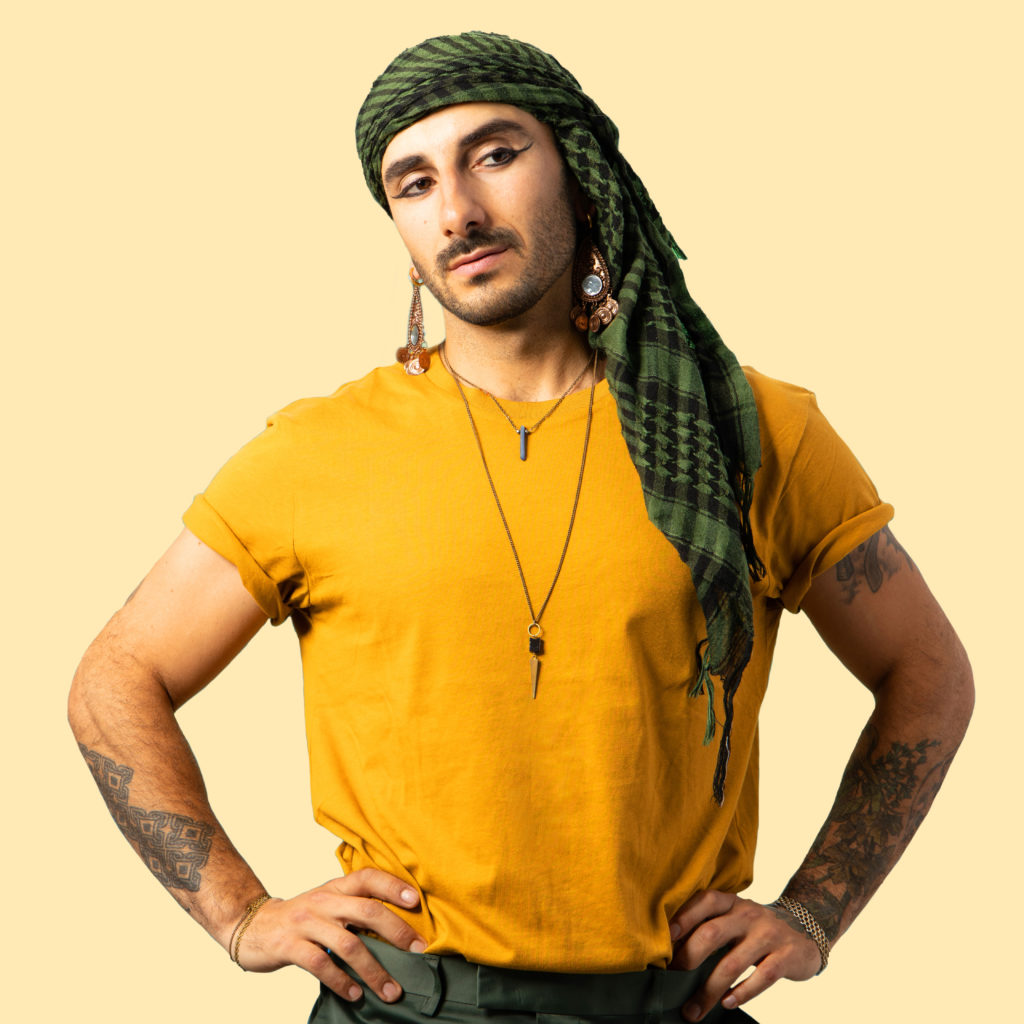
Since Moudi Sbeity was evacuated from Lebanon during the 2006 Lebanon War, he’s hit the ground running. “My first few years, it was hard,” he shares. But it was also freeing. “I was so excited to get on that plane because I thought ‘I’m going to America and I’m going to be gay and I’m going to be out and I’m going to do whatever I want to do without fear.” And that was his light at the end of the tunnel.
“I love the state of Utah,” he says. “I wanted to become more of a part of what it is that makes me a Utahn. And part of that was the right to get married.” Along with his (now) husband, Derek Kitchen, and two other same-sex couples, he challenged the state of Utah in the landmark case Kitchen v. Herbert, which lifted the ban on same-sex marriage in 2014.
As founder of Laziz Kitchen, Mr. Sbeity has worked hard to create a space that welcomes everyone, regardless of background, gender identity, religion, or creed. He encourages his employees to express themselves in whatever ways make them feel most comfortable, and he proudly flies a Pride flag outside of his restaurant. “If you had to eat the same thing every day, for every meal, with no variation whatsoever, eating becomes more of a chore and less exciting,” he says.
Outside of Laziz Kitchen, Mr. Sbeity stays involved in community organizations that matter to him, including the Utah Pride Center, the Rape Recovery Center, and Planned Parenthood. As a refugee himself, Mr. Sbeity and Laziz Kitchen have also worked with the International Rescue Committee, as well as other refugee organizations throughout the state.
Sara Jones
CEO | InclusionPro
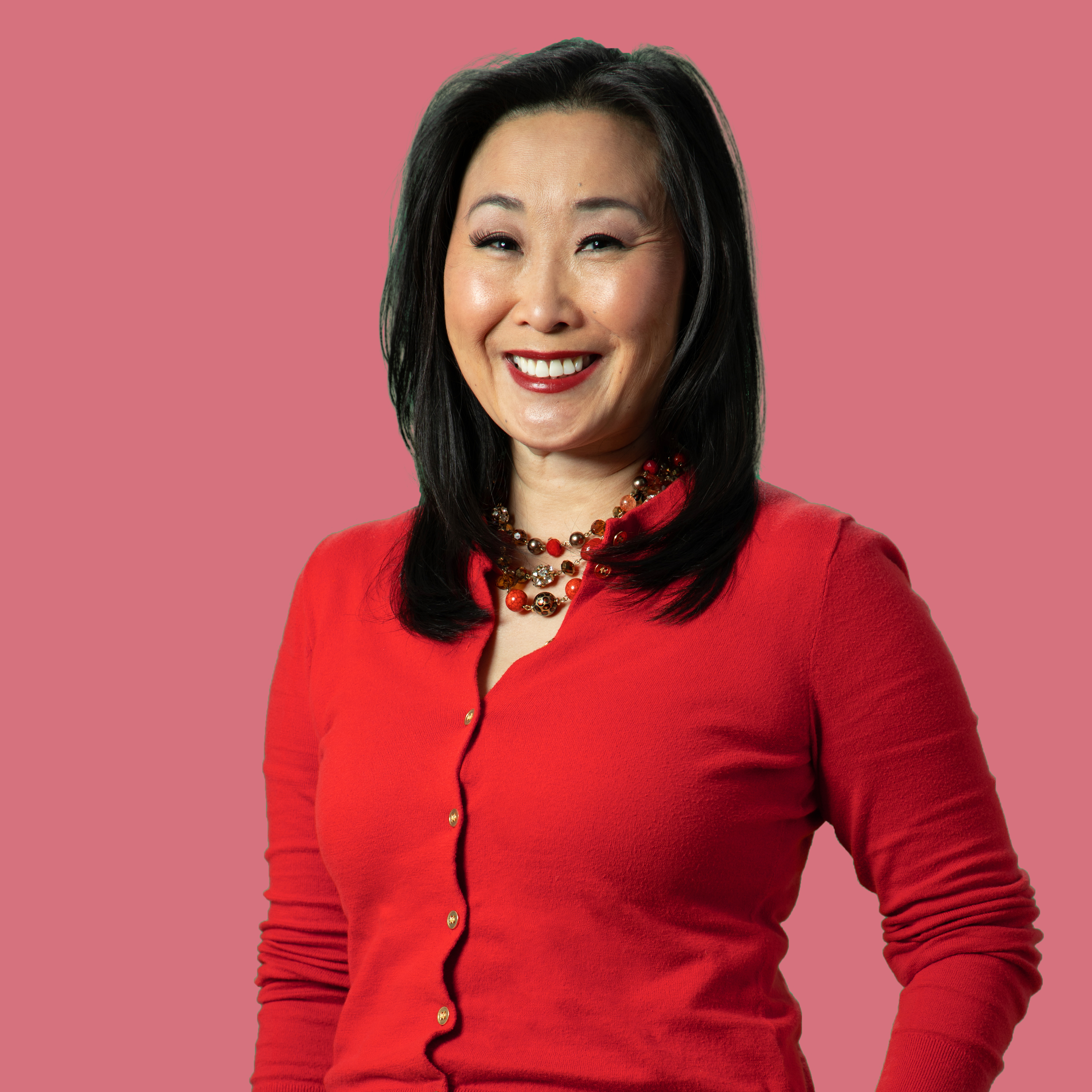
As the CEO of InclusionPro, Sara Jones made inclusion and diversity more than just her passion, it’s her livelihood. Helping thoughtful leaders and organizations build cultures of inclusion with a focus on team performance, she helps build corporate strategy.
“My consciousness around diversity was developed quite early in my career,” she shares. And for almost two decades now, she’s been working to build diversity in every workplace she’s been in. “Diversity is not a fad,” Ms. Jones says. “Multiculturalism is our new norm. And our workplaces are becoming more and more diverse in more ways than just race and gender.”
Ms. Jones knows that every voice matters when we talk about diversity and inclusion, including those that often get left out. “I have been concerned about a growing trend that white men are feeling unwelcome in the diversity and inclusion conversation or are opting out of it,” she says. “White men need to be invited to participate, and they also need to be willing to opt-in.” And with the majority of Utah’s population identifying as white, she’s emphasizing how important it is to build bridges that enhance our relationships and networks with everyone involved, not just minorities.
Ms. Jones is also the cofounder and COO of the Women Tech Council, a nonprofit that now has a community of over 10,000 women and men nationwide. Recognizing over 200 women tech leaders over the last 12 years and activating over 12,000 high school girls in STEM through their SheTech program, Ms. Jones not only impacts Utah’s diverse communities but helps empower diverse communities across the country.
Utah Polynesian Professionals
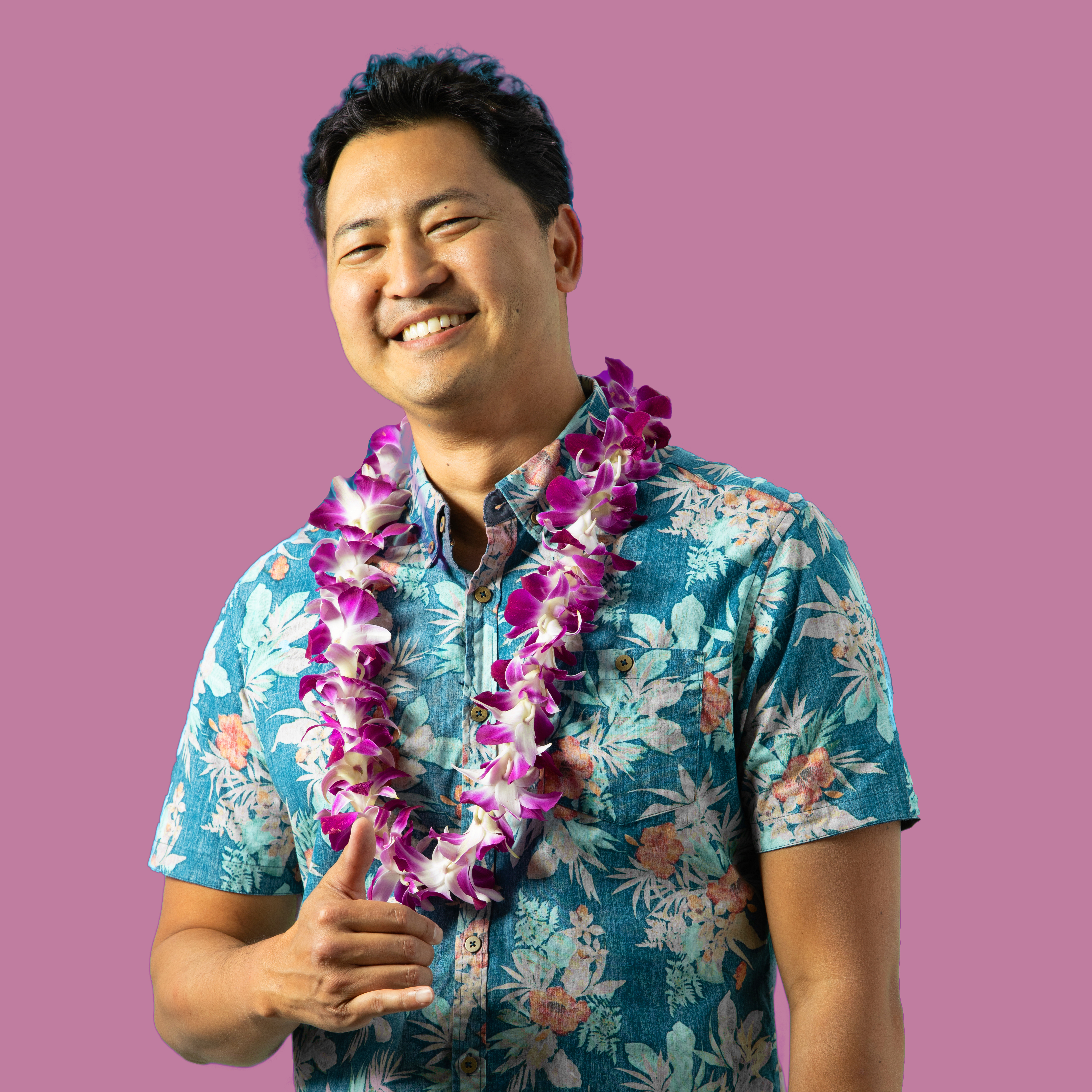
Utah Polynesian Professionals brings together those from Polynesians all over Utah. Representing business professionals from Hawaii, Samoa, Fiji, Tahiti, and New Zealand, more than 180 Polynesian professionals have engaged with the organization this year. Their members consist of representatives from across many of Utah’s local companies and offices including Adobe, the Utah Jazz, SalesForce, Pluralsight, the Utah Attorney General’s Office, and more.
Utah Polynesian Professionals hosts a variety of events to help members of their community thrive in Utah’s competitive workforce. From mentoring new college graduates to holding panels that promote diversity and inclusion in the workplace, their self-purported motto is “it takes a village.” In fact, many of their members did grow up in villages, and all of them benefited from figurative villages—networks of family, friends, and community.
“Although we have come from all over the world, we have one thing in common: the aloha spirit,” says Lianna Kinard, a board advisor to the group as well as the vice president of marketing for the Buckner Company. “Our belief is to serve those around us, honor our elders, and love all those we come in contact with. It takes a village to help build communities, and that is what we hope to do in all aspects of life.”
Corporation
Lauren Walker
Chief Supply Chain Officer | Young Living Essential Oils
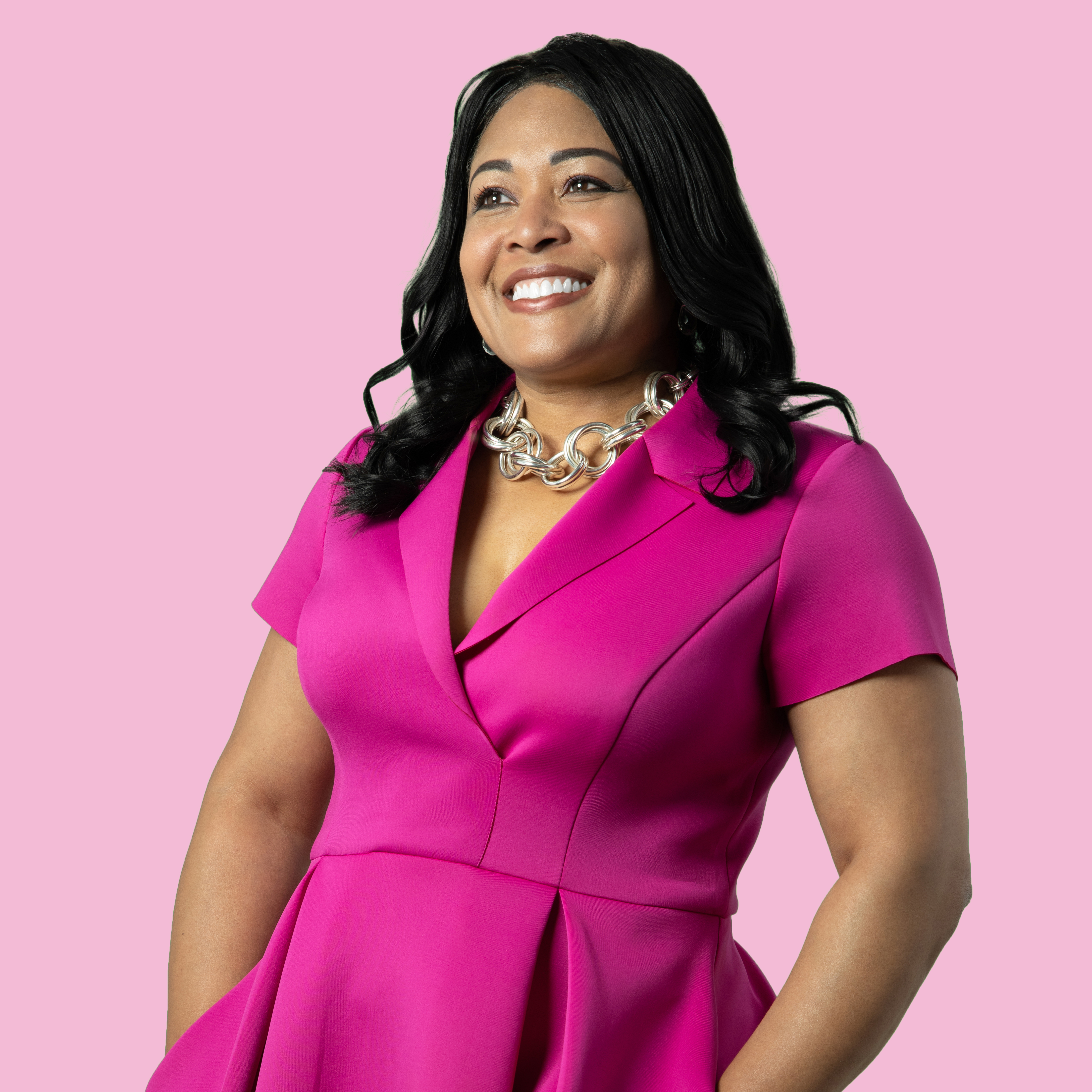
Originally from Brooklyn, Lauren Walker is an engineer who came from humble beginnings. As the daughter of Jamaican immigrants who came to the US in search of opportunities for their children, she was encouraged to pursue her education to find success. So she embarked on a career in STEM, entering the field at a time when it was still new―especially for young Black women. And as she’s pushed her career further, she pushed herself further west.
It’s no secret that Ms. Walker is a trailblazer, and her illustrious career is nothing short of impressive―having worked for companies like Procter & Gamble, Johnson & Johnson, and Amway. Now, she works with Young Living Essential Oils as the chief supply chain officer where she is transforming the company’s supply chain and empowering other diverse candidates to join the Young Living leadership team.
“How we hire, how we promote, how we develop, and how we engage people, it’s truly within the company’s ability to develop talent at all levels to make sure they get what they need to thrive,” she says. “Let’s go back to the basics. People matter, and treating people with dignity and respect truly matters. Let’s make sure we put programs in place so that our employees feel they can contribute at the highest levels.” And she knows that if we look hard enough, we can find the diverse talent with diverse skill sets we need to support our businesses right here in Utah.
Domo
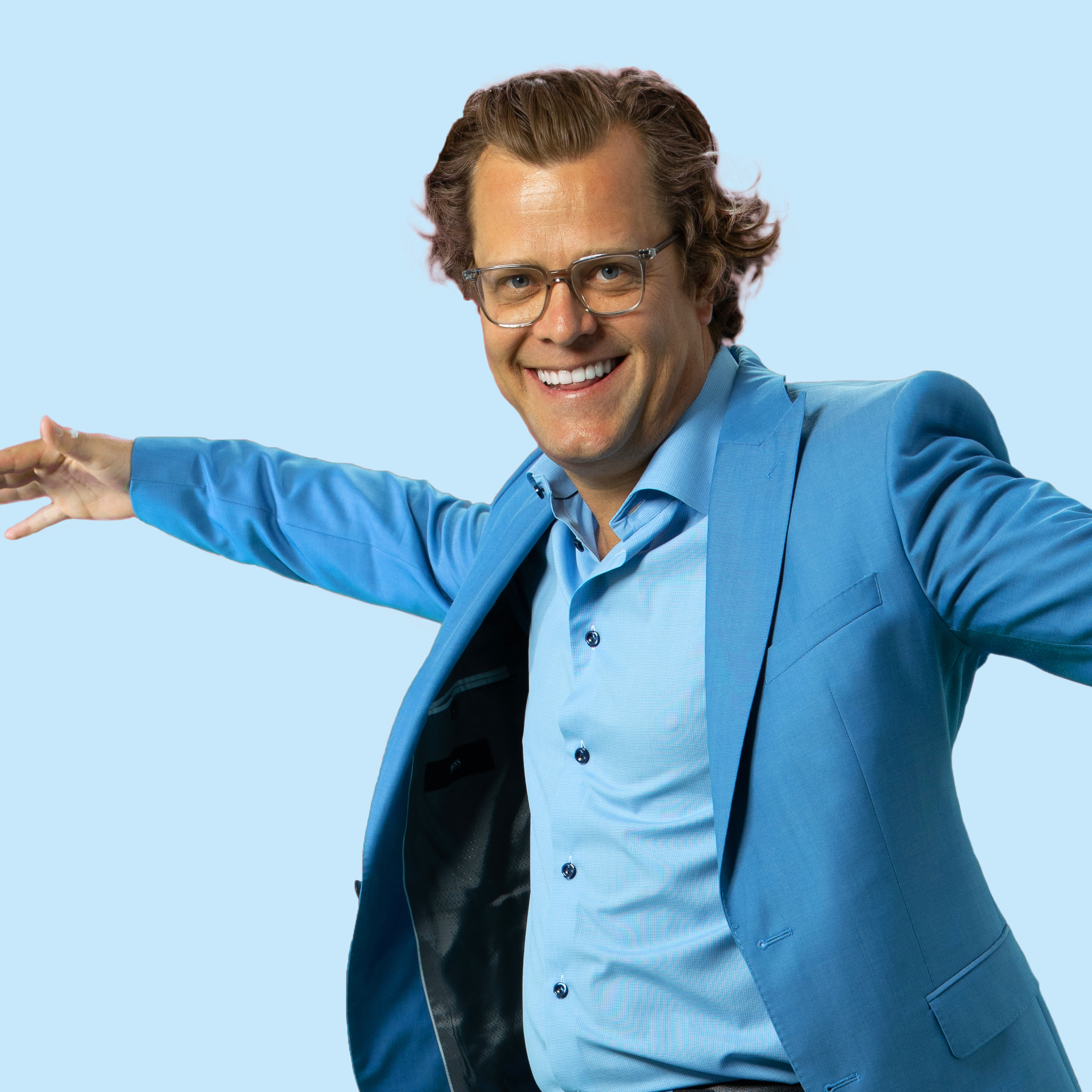
From their vocal support of the Parity Pledge to the “Domo Loves LGBTQ+ (and everyone else too!)” billboards across Interstate-15, Domo is loud about their commitment to diversity and inclusion. They’re proudly devoted to helping Utah build a stronger, richer, more diverse climate, and at the helm of the movement is Domo founder and CEO, Josh James.
Aside from their support of the Parity Pledge―which Mr. James helped cofound―Domo also supports the Women Tech Council and has partnerships with the National Association of Black Accountants (NABA) and the National Society of Black Engineers (NSBE) to raise awareness of career opportunities in Silicon Slopes and help attract a more diverse workforce to the valley.
“I see the biggest barrier to acceptance in Utah as lack of awareness or experience,” says Mr. James. After all, Utah only exists today because it was once a refuge for people who were isolated. “Utahns tend to be welcoming and accepting,” he says. “It’s an open community. If we lead and facilitate, then this community will make the right decisions.”
Goldman Sachs
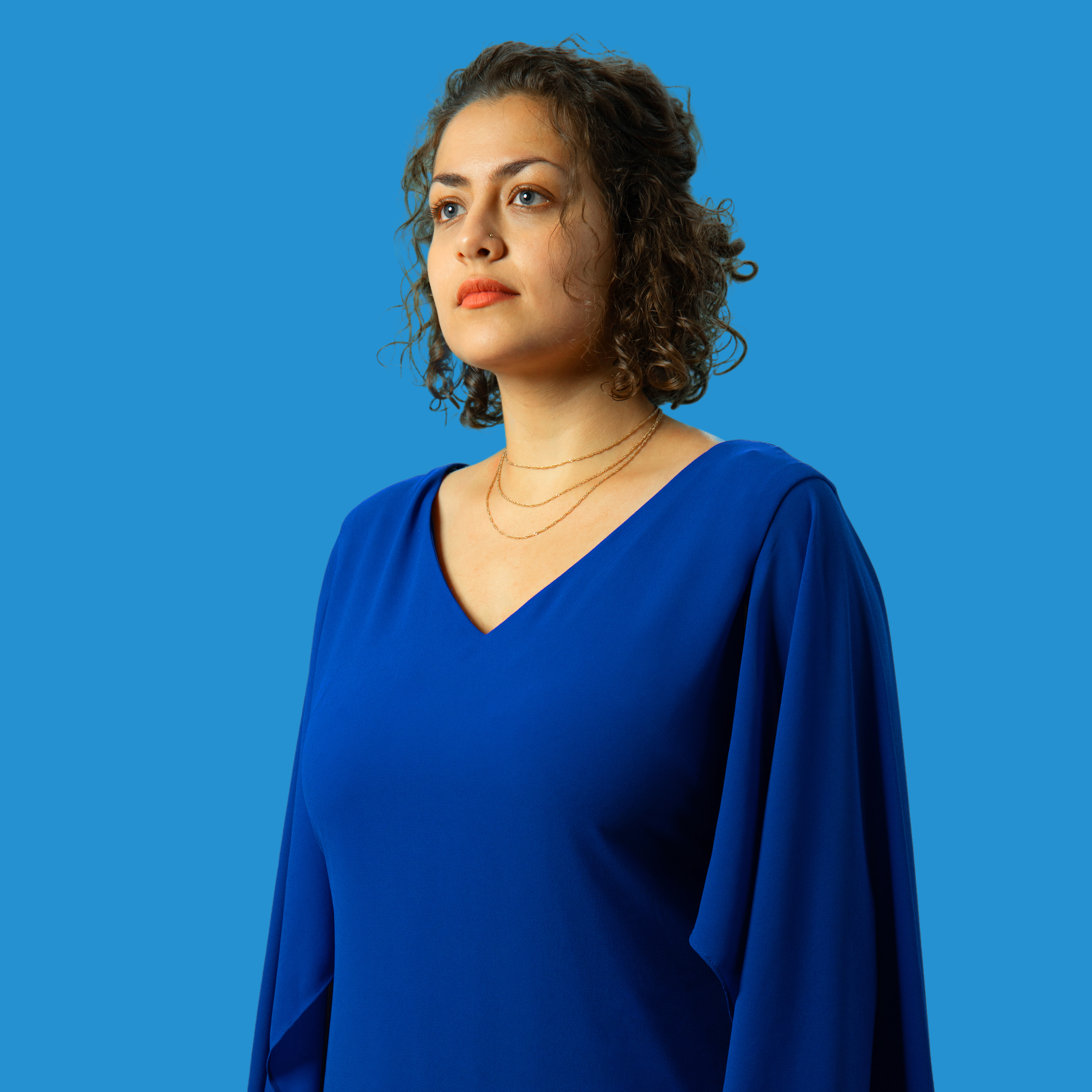
Goldman Sachs is fundamentally committed to the concept of diversity and inclusion and their application as a critical business policy. Offering a number of programs and workshops designed to help their employees contribute to an inclusive environment, they focus on education and building an environment where people want to build a career. These programs cover everything from exploring unconscious bias and its impact on decision-making to how race, ethnicity, and social identity can shape an individual’s experience in the workplace. They are actively engaged in the diversity of their employees and how they can work together to build a unique and inclusive culture.
Working with the Global Diversity Committee, Goldman Sachs is also changing their business approach to advance specific goals and objectives to include all analysts and entry-level associates hired both on campus and laterally. Aiming to achieve representation of 50 percent women, 11 percent Black professionals, and 14 percent of Hispanic professionals in the Americas, their goals are anchored in the representation of qualified candidates. And with focus and persistence, they plan to improve those goals each year.
“I am very proud of diversity and inclusion at the Goldman Sachs offices in Salt Lake City,” says David Lang, head of the company’s Salt Lake City office. “We continue to focus on cultivating a work experience where all of our people feel supported and able to do their best work. I believe that diversity is the catalyst for community and Goldman Sachs in Salt Lake City is not just a place of work, but rather a community where people know and value each other; it is that aspect of the company that draws people here.”
Distinguished Leader
Shawn E. Newell
VP of Business Development | Industrial Supply Company
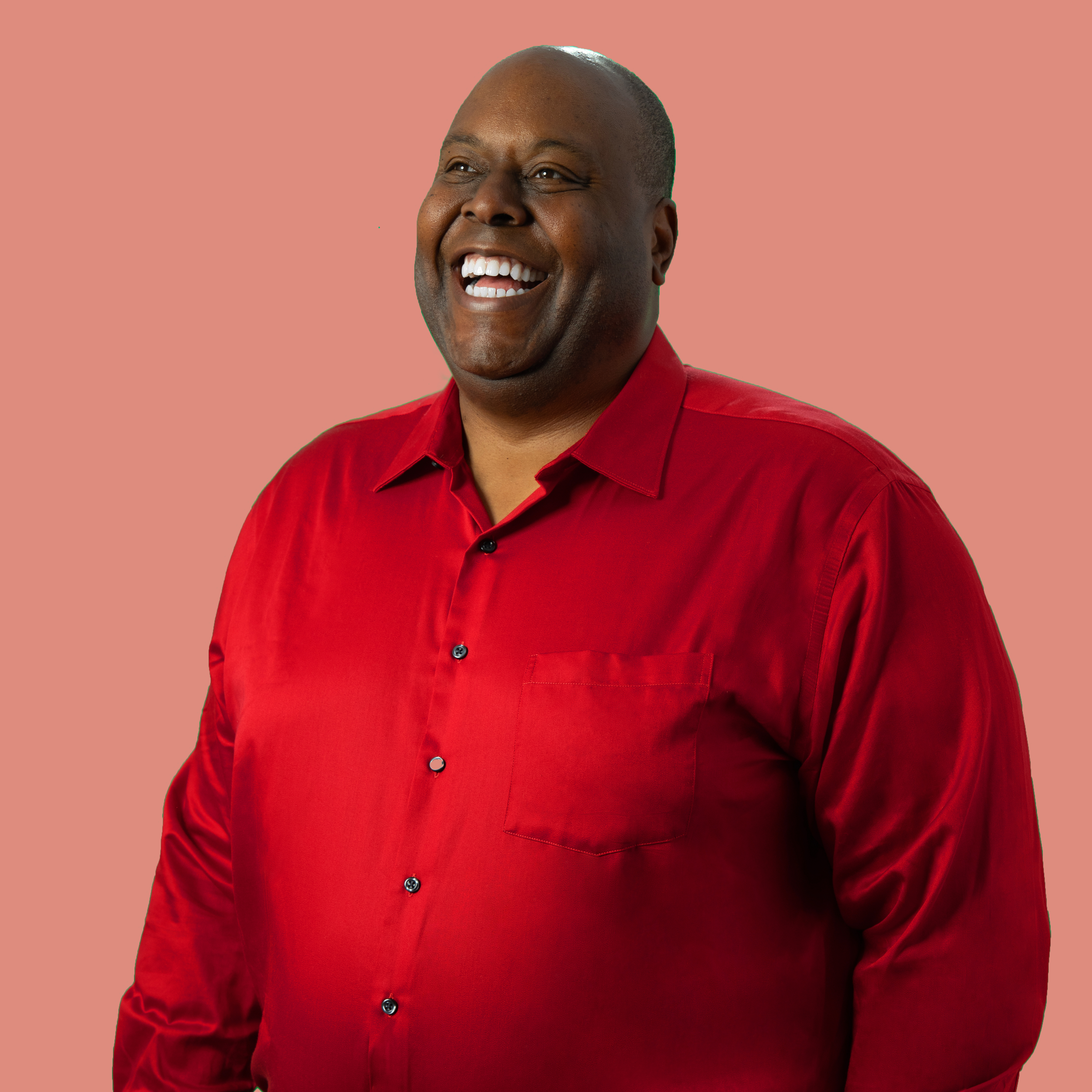
Shawn E. Newell leads Utah’s diverse communities through service. Currently serving as vice president of the Salt Lake branch of the NAACP, commissioner on the governor’s Martin Luther King Jr. Human Rights Commission, a board member for the Utah Black Round Table (UBR), the Inclusion X Project, and the Utah Black Chamber, he also recently founded the Utah Multicultural Civic Council. But his community service doesn’t end there. Mr. Newell also serves on the boards of the Utah Manufacturers Association, the Utah Nonprofits Association, and the Utah State Board of Education. He also works with Salt Lake Community College as a trustee and alumni council president.
Through serving his communities, Mr. Newell is paving the way for future diverse leaders here in Utah. “My mission in fostering diversity is rooted in the desire to bridge all communities in an effort to create equal access to economic success, education, and for all people to enjoy freedom, prosperity, and safety,” he says. “All this should be available no matter where we are from, our disability, gender, ethnicity, race, or sexual orientation.”
“Utah is a great state in so many ways,” Mr. Newell shares. “However, there is still work to be done in making our business environment and communities the very best.” And through serving those communities, he’s working to create those opportunities he wants to see. “The only thing in life I want to be is a successful leader [who bridges the] divides between people. I want to see our state, cities, and communities be joined in socioeconomic equity, cultural understanding, and acceptance of one another as equals in every aspect of humanity.”
Education
Hanifi Oguz
Director | Beehive Science & Technology Academy
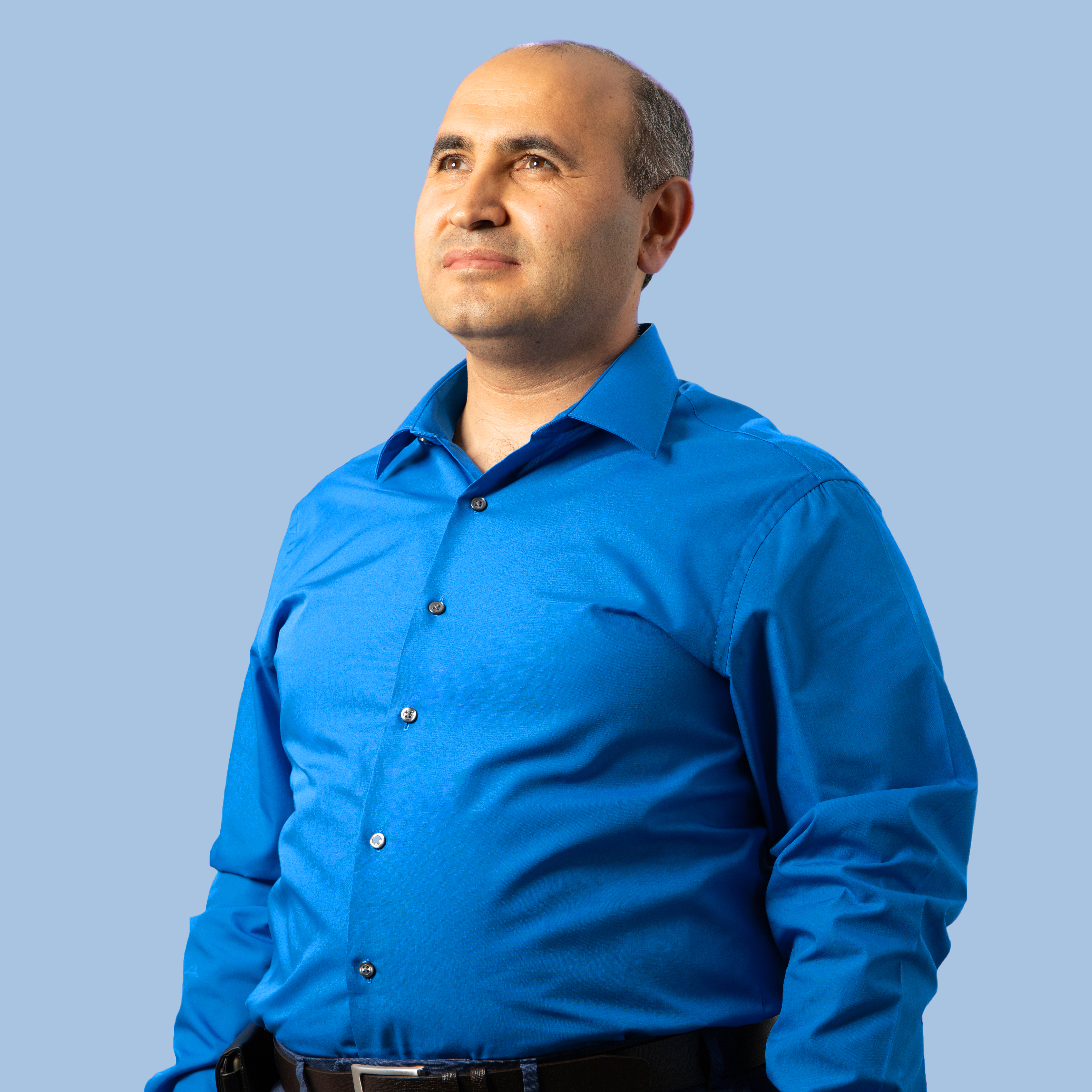
As the director of the Beehive Science and Technology Academy, Hanifi Oguz works with one of the most diverse student bodies in the state. More than 37 percent of the student body is made up of minority students, with 14 percent being students with disabilities as of the 2017-18 school year. And Mr. Oguz believes that by focusing on the positive side of diversification, he’s not only increasing acceptance of a more diverse community but building a future for the betterment of humanity.
“The mission and vision of [the Beehive Science and Technology Academy] is to promote diversity… by providing an exceptional STEM curriculum to all diverse groups and underrepresented groups of the community,” Mr. Oguz shares. “My colleagues and I spend our time and effort in creating a more harmonious community.” He also adds that teachers are regularly trained in cultural biases and diversity, and are encouraged to integrate diversity in all of their classes. And with their student body speaking more than 25 languages at home, he stresses that understanding the richness of this community is important.
Mr. Oguz knows that diversification efforts aren’t always met with open arms, but he believes Utah is one of the most welcoming states. “We certainly should focus on increasing public awareness that diversity will enrich our community and bring a better meaning to our life,” he says. And he’ll continue to do that by promoting education and providing pathways for underprivileged students. “Attracting the enmity from some groups and communities is worth taking risks [in order to create] a more diverse and respectful community.”
Government
Emma E. Houston
Director of Diversity & Inclusion | Salt Lake County Mayor’s Office
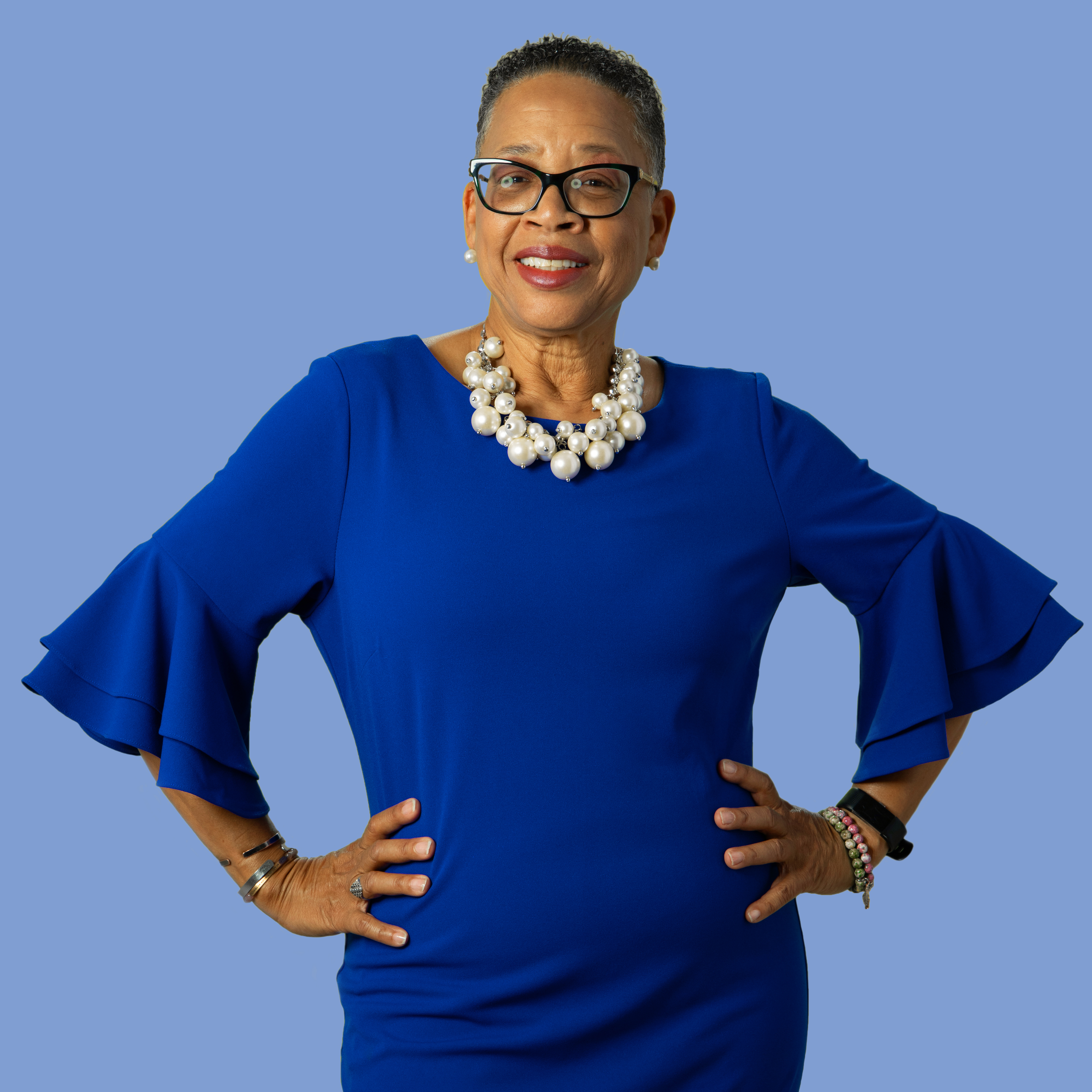
Emma E. Houston believes in being intentional. Intentional in words, deeds, and actions―and in her work at the Salt Lake County Mayor’s office. Being intentional not only creates a work atmosphere where county employees feel valued, respected, and wanted, but everyone in the county feels that as well.
Spearheading the diversity and inclusion initiatives within the mayor’s office, Ms. Houston has created a system that will help set the office up for success for years to come. “Each new hire attends a welcoming and diversity session, which is part of the new employee onboarding process,” she explains. “In addition, each manager, director, and supervisor attend a four-hour diversity, inclusion, and high-performance session. And then each department and program creates a diversity and inclusion plan to ensure the efforts are being done on all levels within county government.” Her goal is that a consistent message is shared that Salt Lake County is welcoming and inclusive, both internally and externally. And she’s not leaving room for anyone to fall through the cracks.
“The bottom line is talent,” says Ms. Houston. “We all want the best, brightest, focused, and talented employees to help us accomplish our goals and objectives. Any organization is primed to be successful and facilitate growth when we look beyond the narrow selection of candidates and widen our scope to be intentional about hiring diversity on all levels. Clone hiring is a thing of the past.” And while diversity and inclusion work has been around for decades, Ms. Houston doesn’t intend to stop her work until she’s created a culture where it is safe to be our authentic selves.
Inspirational Leader
Corey J. Hodges
Lead Pastor | The Point Church
Chaplain | Utah Jazz
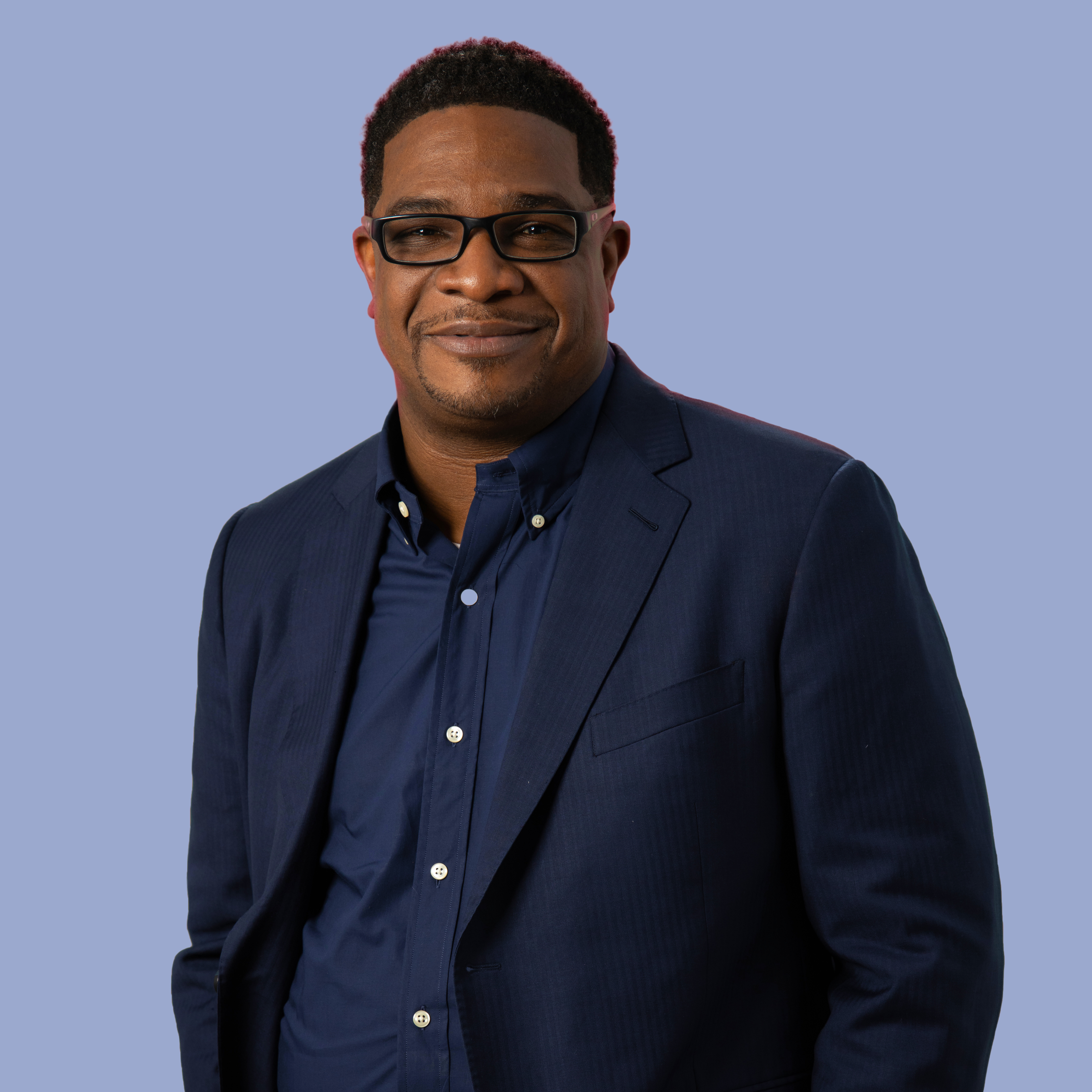
Corey J. Hodges was called to the ministry at only 16, and in 1998, he was called to The Point Church, a multicultural congregation whose members now represent more than 35 different countries.
Pastor Hodges is a self-described “eternal optimist,” but he also admits that he’s encountered difficulty in his local diversification efforts. “I experienced some pushback as I attempted to diversify our congregation,” he shares. “We lost about 10 percent of our membership when we began to be more intentional about growing a multicultural church.” But he’s never let that get him down. “I believe that the ministry of the gospel is a call to all people, regardless of race and ethnicity. We are all made in the image of God, therefore we all have value and deserve to be treated with dignity and respect.”
Outside of his congregation, Pastor Hodges is also the chaplain of the Utah Jazz―and he sees that as just another way he can serve his community and share his ideals with people from all ethnic groups and backgrounds. “I would like to carry out the mission of both The Point Church and the Utah Jazz to the best of my ability with God’s help,” he says. “I hope to witness countless people give their lives to Jesus and live out the true meaning of their faith.”
Nonprofit
Alyssha Dairsow
Executive Director | Curly Me!
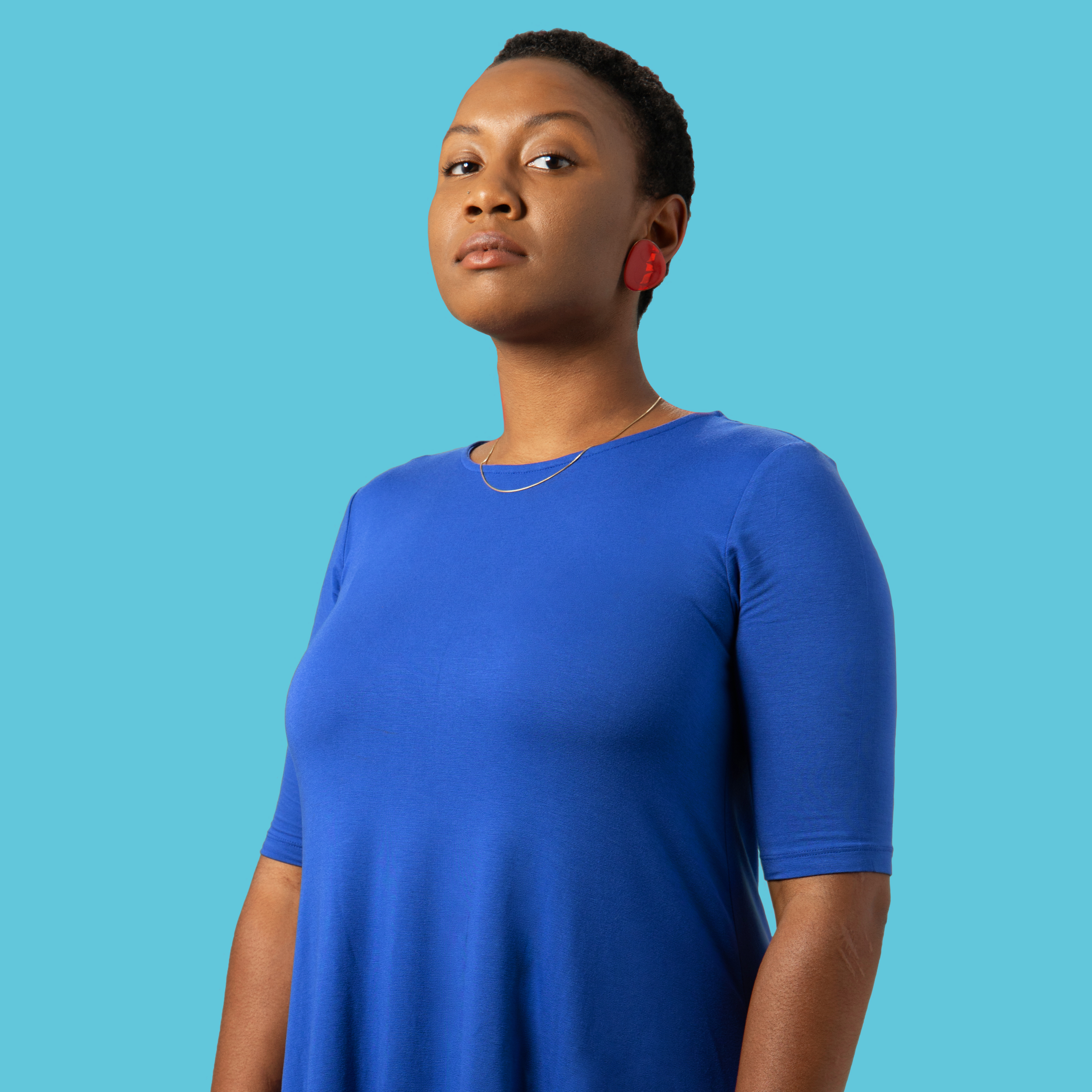
Alyssha Dairsow hasn’t been in Utah long, but she’s highly engaged with her community. And as the founder and executive director at the nonprofit Curly Me!, she’s passionate about helping her community celebrate its beauty. Focusing on young Black girls ages five to 14, Curly Me! provides mentoring and hosts events that help children of color embrace their best selves. From book clubs to panels to hangouts, she’s building a village around an underrepresented community and empowering them to embrace their uniqueness.
Ms. Dairsow works to provide a platform where the voices in her community are heard, including her own. “Things will not change if I, or anyone else, stays silent,” she says, and laying the foundation for the future of the young Black girls in her community is what she believes will change Utah for the better. “I personally would like to foster diversity in Utah because I would like to live in a state that includes me in major decisions are made in government, workplaces, and all the way down to the services I receive in a restaurant.”
“I decided to be a reliable resource for parents with Black girls because I noticed there weren’t many fun and reliable resources for our girls,” says Ms. Dairsow, describing where the idea for the nonprofit started. “I am confident Curly Me! will continue to grow into bigger and better events and outreach that will cross state lines and country borders.”
Isaac Ewalefioh
VP, Finance Division | Goldman Sachs
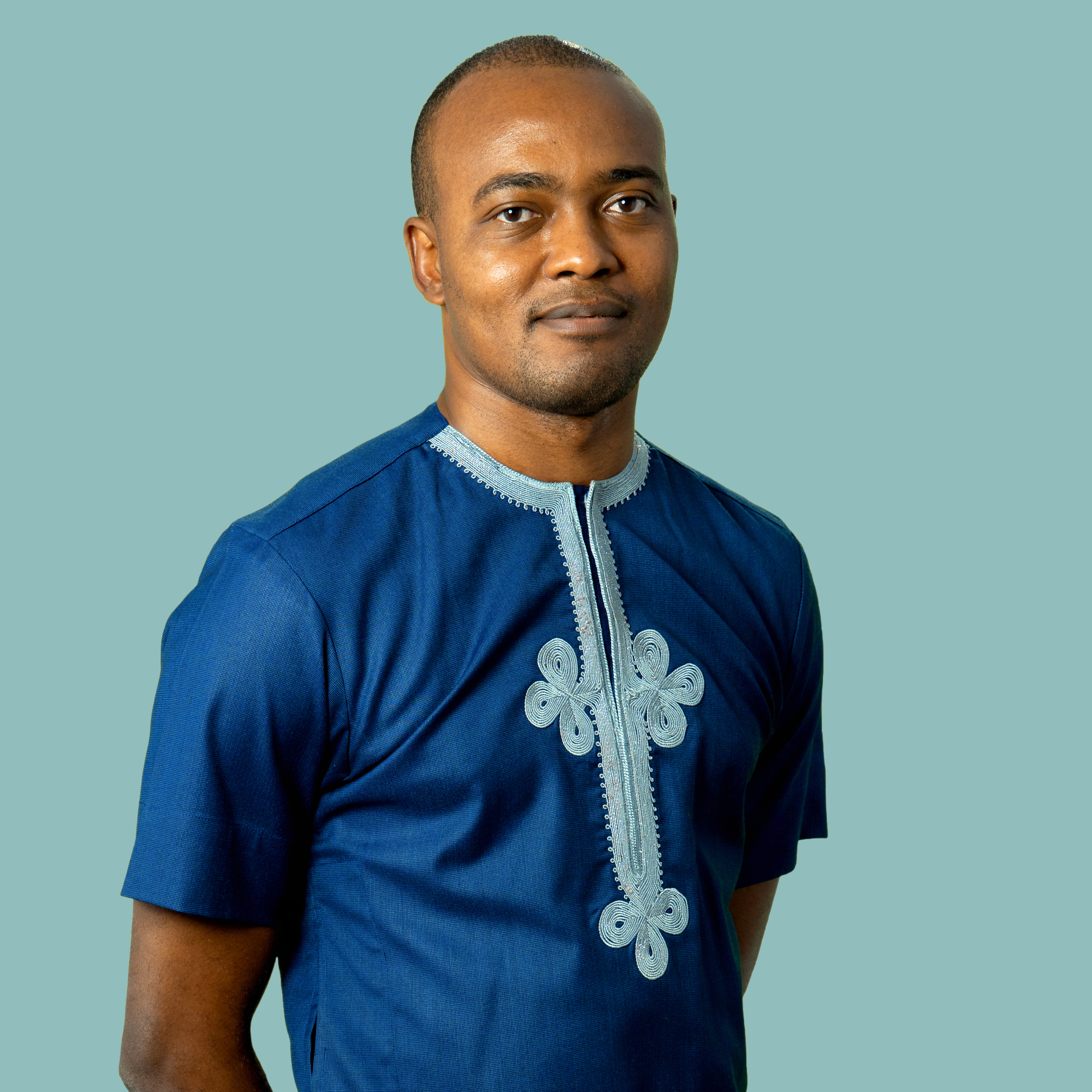
Isaac Ewalefioh has dedicated himself to building a thriving community of Black professionals. As a board advisor for local chapters of organizations like the National Association of Black Accountants (NABA) and the National Society of Black Engineers (NSBE), as well as serving in the Utah Black Chamber and Young Professionals of Salt Lake City, he has helped the professional development of members through skill-based volunteering in resume review sessions, financial literacy trainings, and coding boot camps.
Originally from Lagos, Nigeria, Mr. Ewalefioh came to the United States for graduate school at Rutgers University. And, after interning with Goldman Sachs., he’s never wanted to work anywhere else. He hopes that his work with the firm leads to a more diverse and inclusive environment that welcomes people of all backgrounds and perspectives.
“I’m at my best when I’m most comfortable and can be myself,” says Mr. Ewalefioh. “A diverse state is critical to that, so my goal has been to create a welcoming ecosystem to help us as a community to attract and retain more Black professionals. I’m passionate about this goal, as I am a Black professional and want to help change the narrative around being black in Utah.” And by continuing to encourage, support, and advocate for diversity, he hopes to improve the narrative of Utah as a destination for diverse professionals.
Layne Kertamus
Founder | AsperianNation.com
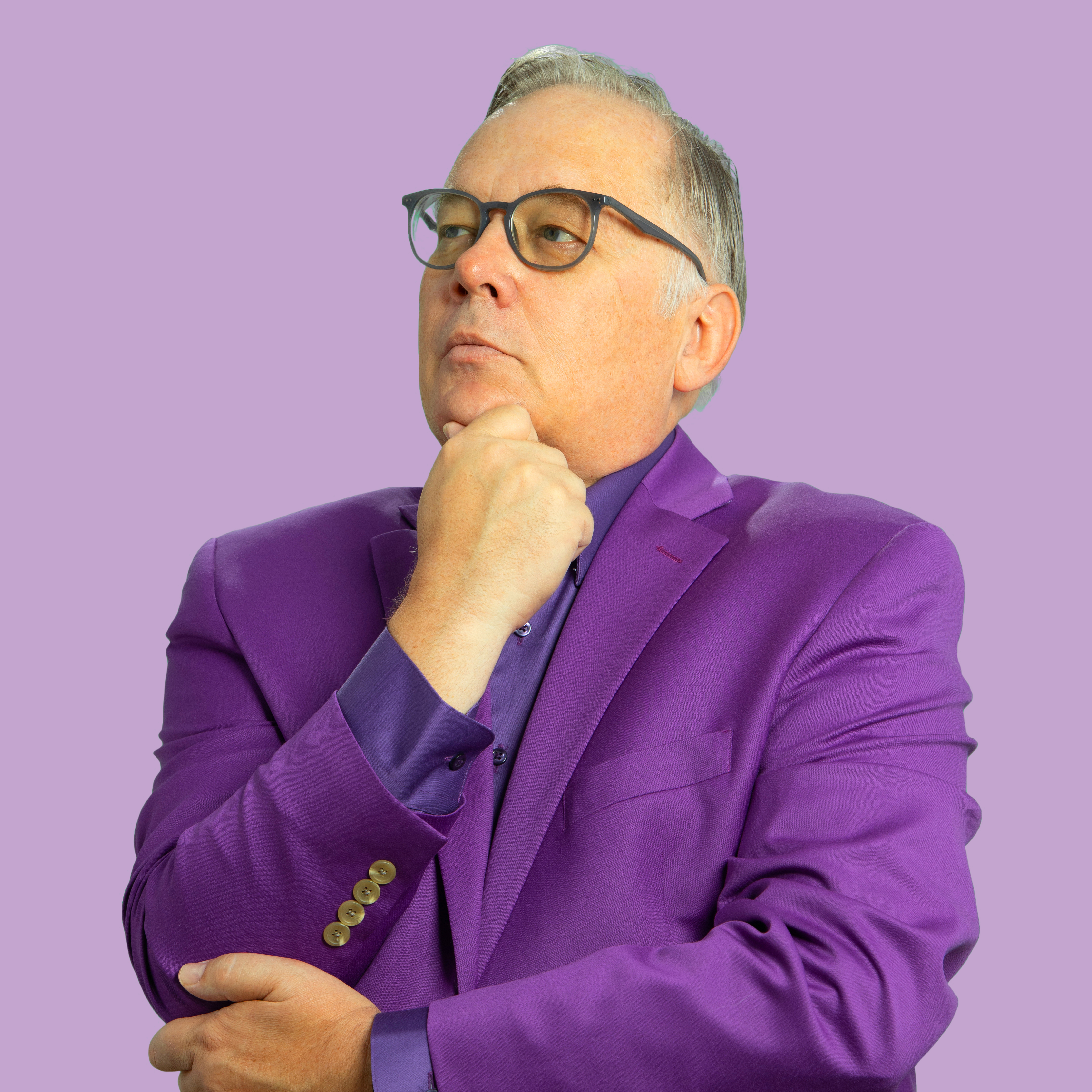
When Layne Kertamus was diagnosed with autism in his late 50s, everything clicked. Suddenly, all the challenges in his life made sense. But instead of simply accepting his diagnosis, he decided to do something with it. So he founded Asperian Nation, the only company of its kind that brings courageous thinking to diversity and inclusion programs.
Mr. Kertamus knows that it takes courage to create a culture that prioritizes neurodiversity, and works with companies to create vibrant, progressive cultures that break out of the traditional diversity and inclusion categories to embrace neurodiverse teams and practices. “People with disabilities represent the largest minority population in America,” says Mr. Kertamus. “Yet [neurodiverse people] are often not selected for positions, receive less favorable role assignments, and are rated lower on performance reviews.”
Mr. Kertamus doesn’t fault companies for their lack of proactive inclusive practices. “Most companies are not inclusive, not because they are led by nasty people, but because the problem is adaptive in nature and is, therefore, more difficult,” he says. Instead, he approaches these problems with systematic solutions and an open mind. “I look forward to the day when a hiring manager writes up a job description and has in his mind that one of the ‘should be’s’ that would make a person ideal for the job would be someone who is neurodiverse,” he says.
Leonard Bagalwa
Founder & Executive Director| Utah Valley Refugees
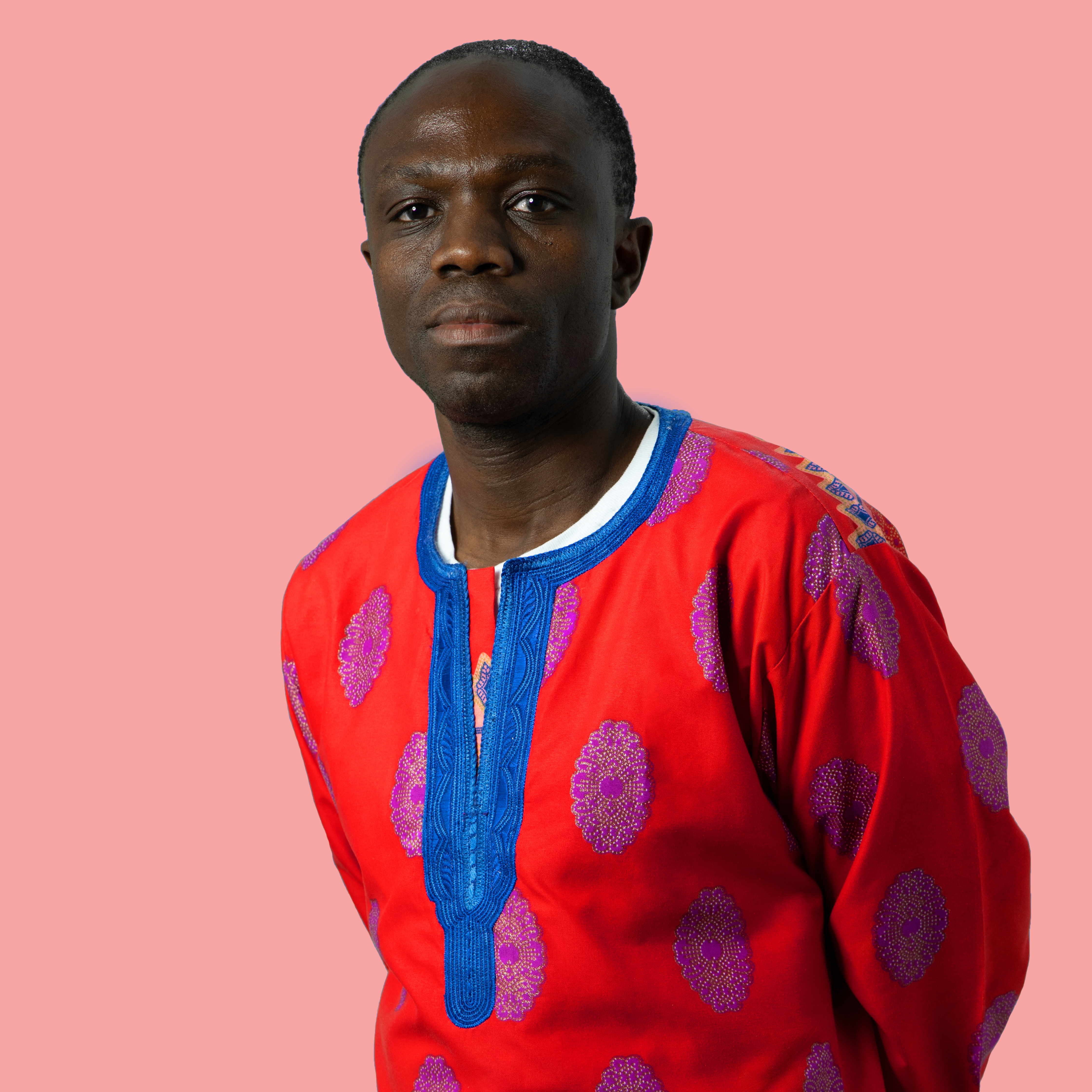
A former refugee and child soldier from the Democratic Republic of Congo, Leonard Bagalwa is intimately familiar with uncertainty. From the day he was kidnapped while walking home from school to the day he became a homeless immigrant in Provo, his future was always clouded with doubt. But through his own determination and passion for education, he’s not only pulled himself out of that cycle of uncertainty, but he’s providing a pathway for other refugees to do the same.
Cofounding Utah Valley Refugees, Mr. Bagalwa works to improve the lives of refugee immigrants adjusting to life in Utah county. And as the organization’s executive director, he’s helping to provide basic services such as affordable housing, medical care, employment, and education to our state’s most vulnerable populations in a quest to help them become self-reliant.
Mr. Bagalwa knows that in order to create a community where he no longer feels foreign, he’s going to have to take risks. “There has always been risk when it comes to advocacy, especially advocating for refugees and immigrants when we live in a country where [they] are seen as criminals.” But the risks are well worth the reward and he’s passionate about helping those in our community who are most in need.
“I do what I can because I care and love people. I love helping the uprooted. Being a refugee myself, I know what [they] go through. My experience can inspire not only [other] refugees, but even [my] local community.”
Utah Pride Center
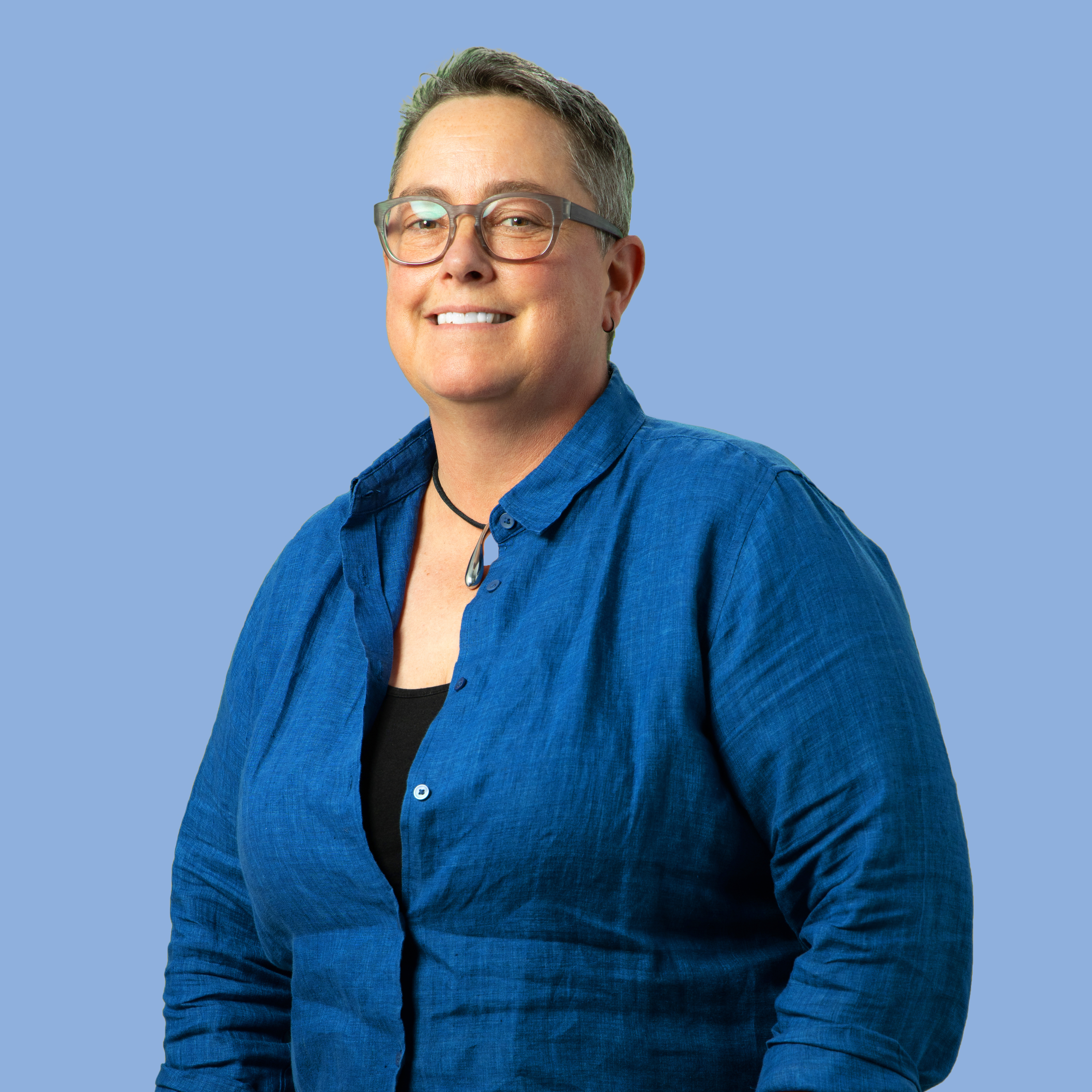
The mission of the Utah Pride Center is to unite, empower, and celebrate Utah’s diverse LGBTQ+ communities. And for more than 25 years, they’ve done just that by providing a safe place for education, partnerships, services, and events to advance the community’s collective health, wellness, and success.
But it hasn’t always been easy. In one of the most conservative states in the US, the Utah Pride Center has had to work diligently to show that the LGBTQ+ community of Utah is alive and thriving. And Liz Pitts, the director of community engagement with the Utah Pride Center, has seen that conservative opposition in some subtle, yet very present, ways. “Workplaces may not take the time to hire diverse candidates because someone from the same race, gender, or economic status [as the hiring manager] might be highly recommended and that can hurt diverse outreach efforts. Often, diversity is overshadowed by convenience,” she says.
But Ms. Pitts believes that’s changing. And not without thanks from the efforts of the Utah Pride Center. “It starts with each of us individually,” she says. “We need to be the change we want to see in the world. We need to ask ourselves how we are fostering diversity within our own lives and communities, and I believe that will naturally begin to happen on a larger scale. By having diverse friendships and seeking out local businesses owned by those who are different from you is a great start.”





